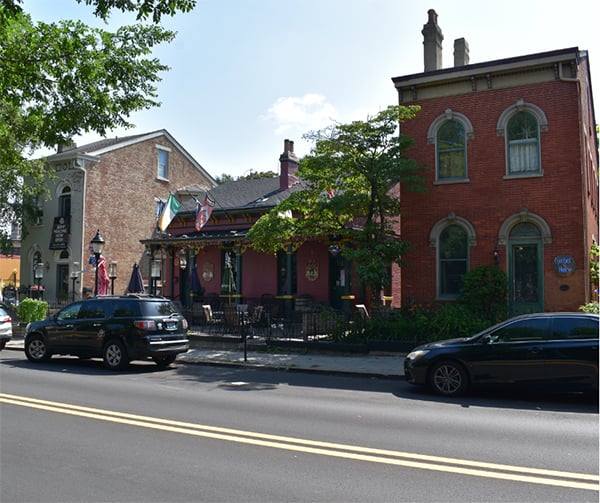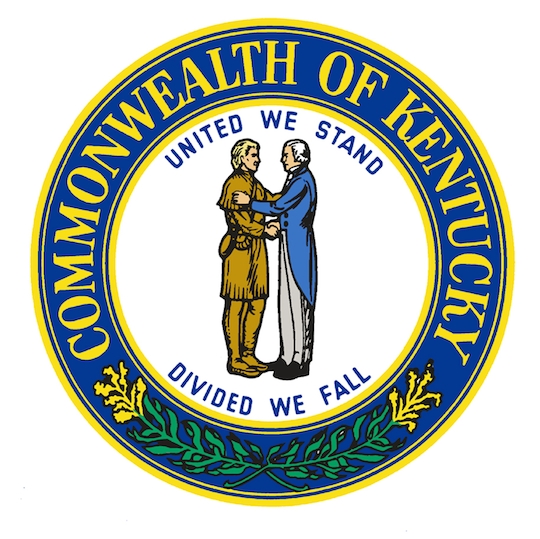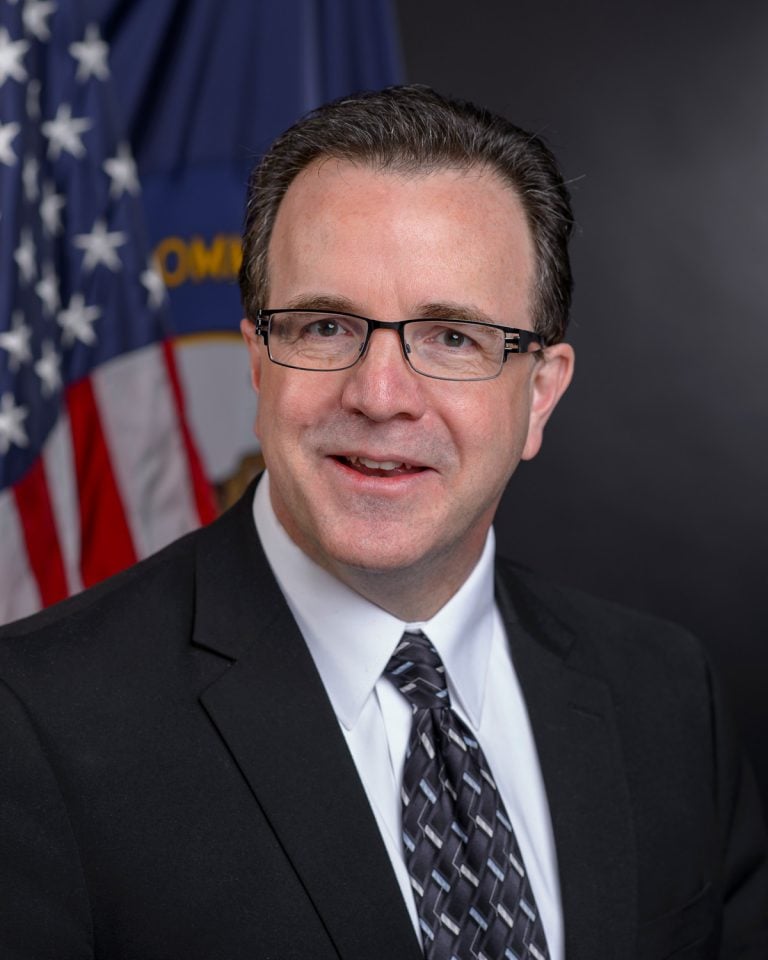Volunteers are invited to gather Saturday to remove dead nettle and dead leaves from a corner of Goebel Park in a gardening event that has direct ties to the International Space Station, the World Wildlife Fund Mexico, and an Emily Dickinson poem.
The connection?
The monarch butterfly, the iconic pollinator whose distinctive orange and black coloring – or “pretty parasol,” as Dickinson wrote – inspires photographers and clothing designers alike and whose annual migration of thousands of miles is the subject of research and nature documentaries.

Covington’s place in the monarch’s story is this: Loss of habitat and use of herbicides have greatly decreased their numbers, and in 2017 the City joined many others in a widespread push organized by the National Wildlife Federation to reverse the downward trend.
Mayor Joe Meyer recently reiterated Covington’s participation in the Mayors’ Monarch Pledge, which has led to “pollinator gardens” throughout public areas in the city. These are located not only in Goebel Park but also in Devou Park, Randolph Park, Hands Pike Park, and Peaselburg Park and in detention basins. Devou also has wildflower “prairies.”
Filled with nectar-heavy flowers like milkweed, coneflowers, black-eyed Susans, and dozens of others, the gardens both “feed” the butterflies throughout the summer and serve as a “stopping point” for those migrating back and forth, said Patrick Moore, Parks Project Coordinator with Covington Parks & Rec.
“These pollinator gardens are more than just beautiful spots of color – they’re important way stations for the butterflies,” Moore said. “The campaign to save the monarchs needs urban areas just as much as it does rural areas to step up, and Covington is doing that.”
Pollinator garden events
The public is invited to Saturday morning’s cleanup at Goebel, which will take place from 9:30 to noon, said Sheila Fields, Covington’s Solid Waste and Recycling coordinator.
The pollinator garden is on the park’s northern edge, near Fifth Street. Volunteers should wear old clothes and bring gloves and tools if possible.
Future events will include planting flowers and also thinning out existing flowers like black-eyed Susans, which tend to take over an area if left untouched. (“We want a diversity of flowers,” Fields said. Extra plants will be sent home with volunteers to plant elsewhere, she said.)
Moore said the City hopes to schedule two volunteer events a month going forward, with the first Saturdays of the month reserved for the large Goebel garden, and the third Saturdays focusing on other pollinator gardens.
Those events will be advertised on the Parks & Rec Facebook page, @covparks. For more information about the Mayors’ Monarch Pledge and national efforts in general, click here.

Moore also the public can also help by planting pollinator gardens in the corners of their own yards. “Whether it’s 100 square feet or just a few milkweed plants, it gives them a place to stop, get energy, and find protection,” he said.
And whereas the monarch habitat restoration effort might seem like a small thing, Moore said it helps involve and indoctrinate people in broader ecological principles.
“You know, people have been seeing bald eagles along the Licking River here in Northern Kentucky,” he said. “It’s all connected. These things don’t happen without even small urban areas like ours paying attention to greenspaces and natural resources. By making Covington more colorful, we are also boosting our local ecosystem.”
Or as Sierra Club founder John Muir wrote, “When we try to pick out anything by itself, we find it hitched to everything else in the universe.”
• • •
As for space, Mexico, and poetry: monarchs were part of a NASA experiment, HERE … central Mexico is the site of winter hibernation grounds (“breeding grounds” are in Canada and the United States) … and Dickinson’s poem “The Butterfly’s Day” is here:
From cocoon forth a butterfly
As lady from her door
Emerged — a summer afternoon —
Repairing everywhere,
Without design, that I could trace,
Except to stray abroad
On miscellaneous enterprise
The clovers understood.
Her pretty parasol was seen
Contracting in a field
Where men made hay, then struggling hard
With an opposing cloud,
Where parties, phantom as herself,
To Nowhere seemed to go
In purposeless circumference,
As ‘t were a tropic show.
And notwithstanding bee that worked,
And flower that zealous blew,
This audience of idleness
Disdained them, from the sky,
Till sundown crept, a steady tide,
And men that made the hay,
And afternoon, and butterfly,
Extinguished in its sea.

















